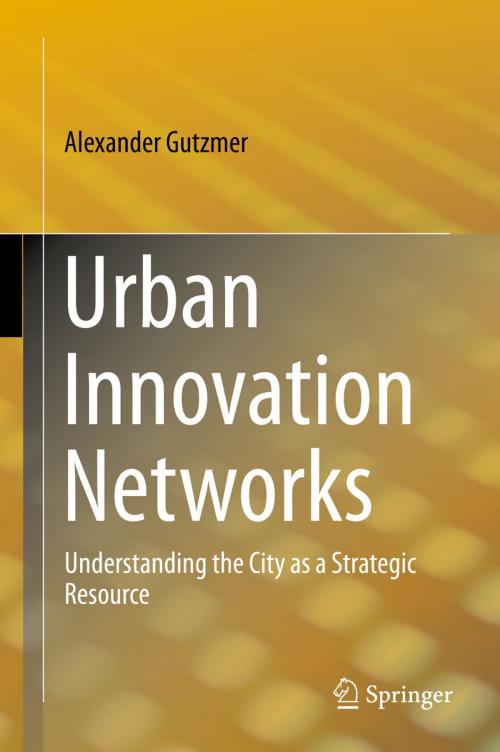Urban Innovation Networks
Understanding the City as a Strategic Resource
Nonfiction, Art & Architecture, Architecture, Planning, Business & Finance, Management & Leadership, Production & Operations Management| Author: | Alexander Gutzmer | ISBN: | 9783319246246 |
| Publisher: | Springer International Publishing | Publication: | November 7, 2015 |
| Imprint: | Springer | Language: | English |
| Author: | Alexander Gutzmer |
| ISBN: | 9783319246246 |
| Publisher: | Springer International Publishing |
| Publication: | November 7, 2015 |
| Imprint: | Springer |
| Language: | English |
This book offers fresh insights into how companies can engage with, and make use of, the modern metropolis. Based on actor-network theory and the resource-based view of the firm, it demonstrates how the contemporary city can be seen – and used – as a resource for corporate innovation. The main argument is that companies have to build what the author calls “urban innovation networks.” After a theory-based outline of such networks, the author demonstrates the extent to which different institutional players – companies such as Audi, Ikea and Siemens, but also arts institutions like the Haus der Kunst in Munich – are already working to create them. The book combines management thinking with urban theory and the sociology of networks to create a unique blend of different views of capitalism and space, offering a new perspective on both the modern metropolis and globally operating companies active within our distinctly urban culture.
This book offers fresh insights into how companies can engage with, and make use of, the modern metropolis. Based on actor-network theory and the resource-based view of the firm, it demonstrates how the contemporary city can be seen – and used – as a resource for corporate innovation. The main argument is that companies have to build what the author calls “urban innovation networks.” After a theory-based outline of such networks, the author demonstrates the extent to which different institutional players – companies such as Audi, Ikea and Siemens, but also arts institutions like the Haus der Kunst in Munich – are already working to create them. The book combines management thinking with urban theory and the sociology of networks to create a unique blend of different views of capitalism and space, offering a new perspective on both the modern metropolis and globally operating companies active within our distinctly urban culture.















